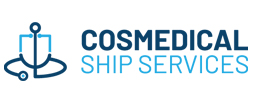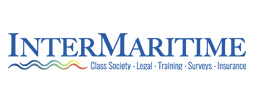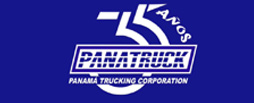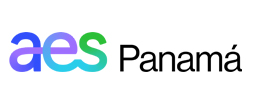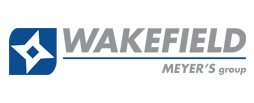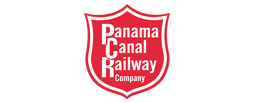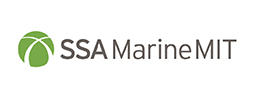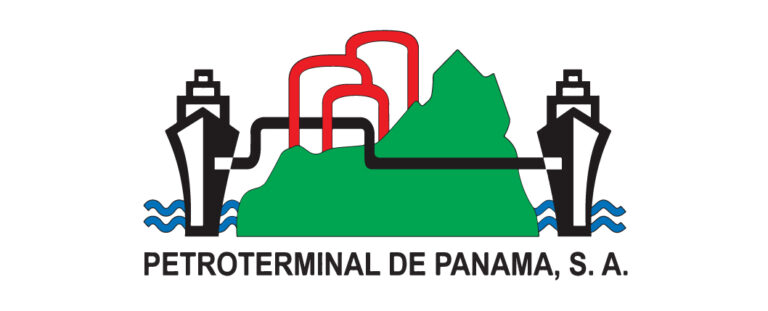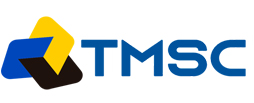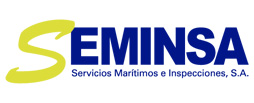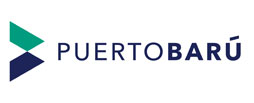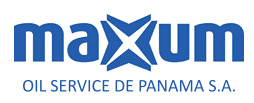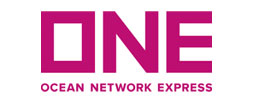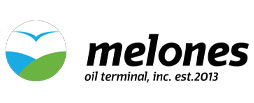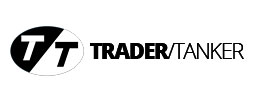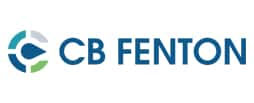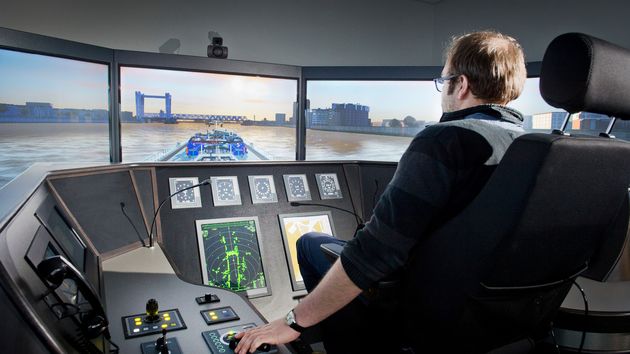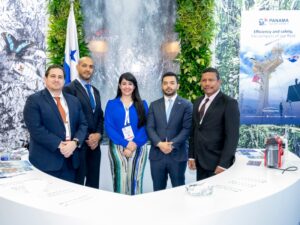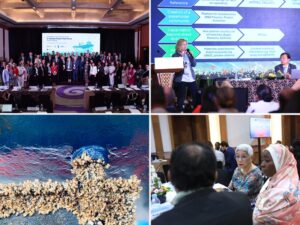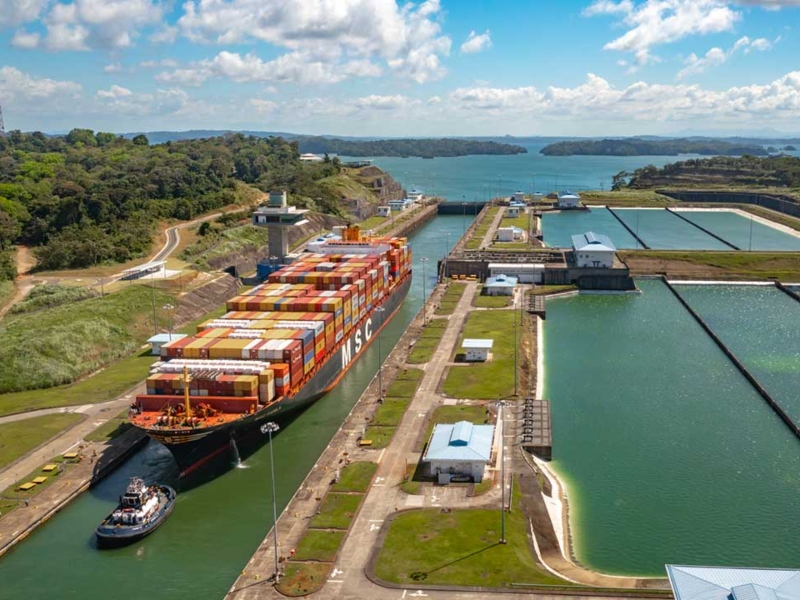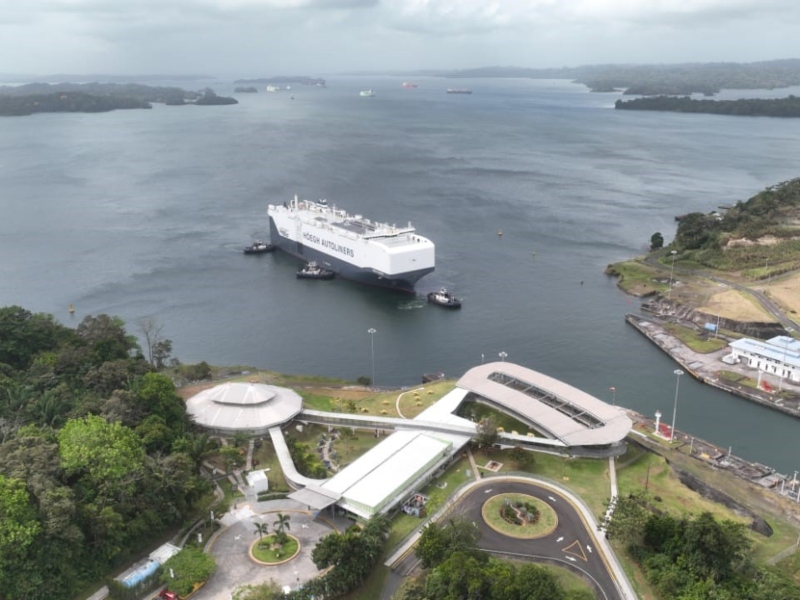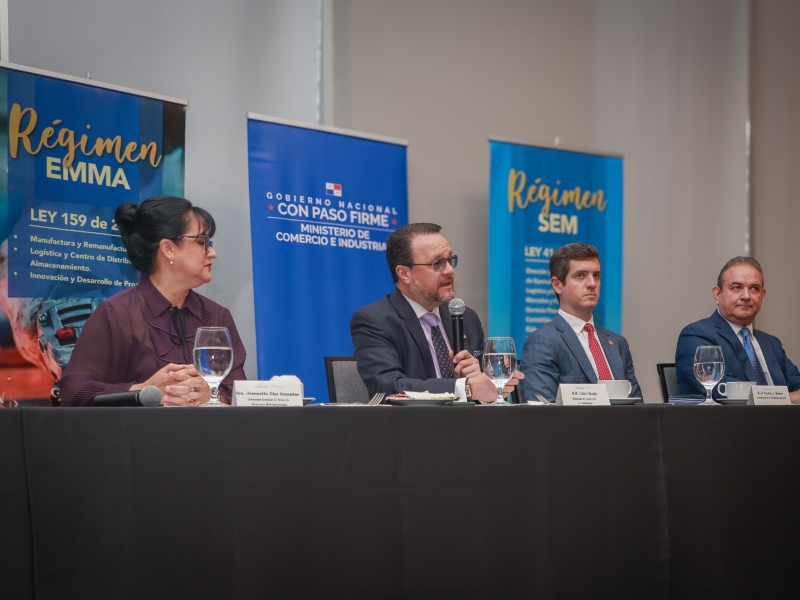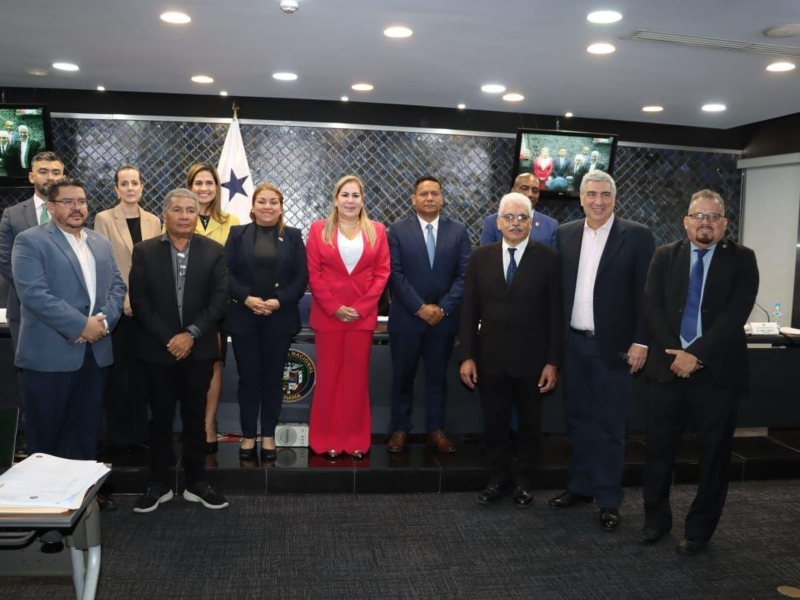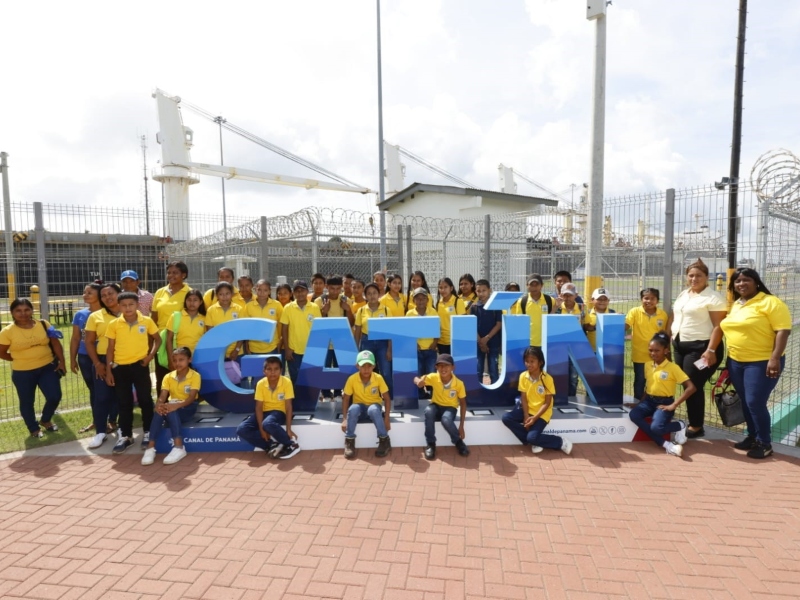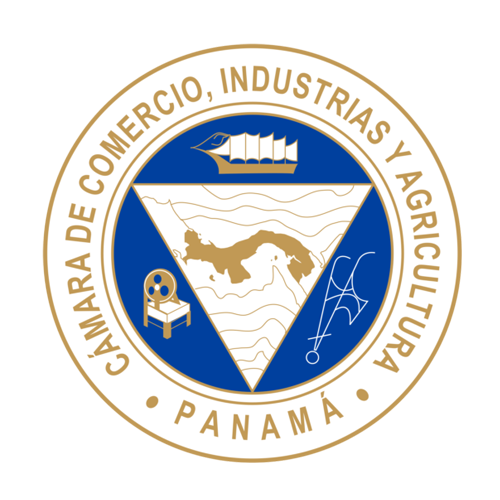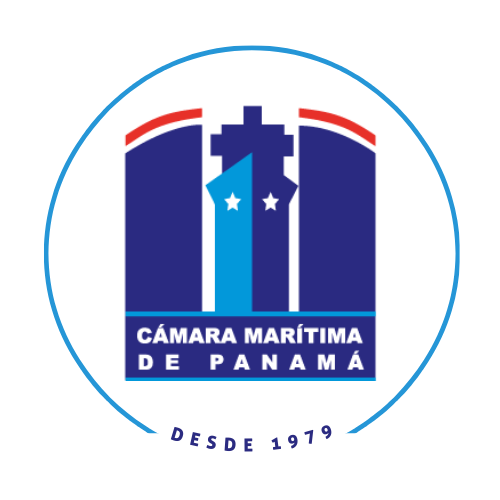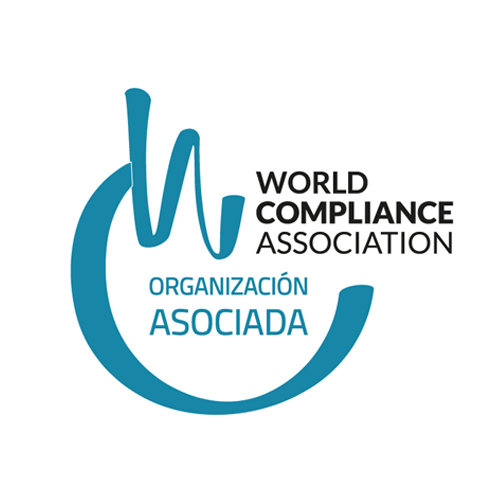Source: Port of Rotterdam
The Netherlands is a world leader in maritime technology. Many companies at the port of Rotterdam are dedicated to expanding the field. One of these companies is VSTEP Simulation, developer of maritime simulators and software for training purposes. Port of Rotterdam Authority is using these solutions to train commanding officers for its vessels.
As former developer of naval simulation games, VSTEP started building maritime simulators in 2011 – at first only for maritime navigation, but later also for inland navigation. The simulators have been used by shipping companies, maritime training centres and schools all over the world. Starting this year, the Shipping and Transport College Rotterdam will be training students on NAUTIS inland navigation simulators built by VSTEP. These will allow students to virtually navigate all the oceans and rivers of the world onboard a vessel that meets their training objectives. From small fisheries craft to a 400-metre-long container ship. This software also offers a fantastic solution for training pilots, who have to safely pilot vessels in and out of the port even under difficult weather conditions or when there’s a lot of traffic congestion.
Enabling learning by simulation
“Training on a simulator has several advantages over training onboard”, Tije Vos, commercial director of VSTEP, explains. “It’s cost-effective and safe. You can create an accident with a simulator without causing damage to people or vessels. You can better evaluate what went wrong in order to learn from your mistakes. We call this learning by making use of an engineered failure. This fits well with our vision: learning through simulation. Our simulators help clients meet their training objectives. That’s why our first question is always, “What do you want to train someone to do?”
Response Simulator
Together with security professionals, VSTEP has developed a specific virtual environment for security training: the Response Simulator. The Joint Fire Brigade in Rotterdam, among others, uses it to train and test their commanders. Vos: “A commander has to be able to make the right choice in a critical situation. We visualise the results of those choices, which helps commanders learn more quickly.” The Port of Rotterdam Authority used the Response Simulator of the Joint Fire Brigade for a couple of years to train commanding officers onboard RPA vessels. At the beginning of 2021, the Port of Rotterdam Authority decided to acquire its own version of this software. Vos: “They can make up their own scenarios with the software. Think of something like a tanker that has caught fire. How do you prepare for that? All the training sessions are recorded for evaluation purposes.”
Steps to professionalisation
“As a Rotterdam-based company, we’re proud to have the Rotterdam Port Authority as our client. We’re excited about how the relationship will develop further. We have a dedicated contact person for virtualisation and simulation at the Port Authority. This works really well.” Although a young and relatively small company, VSTEP is keeping up with the biggest players in the market. “Our hard work has paid off and we’re taking giant steps to professionalisation with the products we deliver. Since we started, we’ve sold 400 maritime simulators worldwide. In the Netherlands, all inland navigation schools use our inland navigation simulators, and we’re in negotiations with inland navigation schools elsewhere in Europe as well.”
Autonomous navigation
Since 2018, VSTEP has been collaborating with the Rotterdam start-up Captain AI, a developer of software for autonomous navigation. “We make our NAUTIS software available for training their algorithms”, Vos explains. “Our software can simulate all different kinds of weather scenarios in no time and feed them to the computers for autonomous navigation. This means they learn more quickly. In the long run, autonomous navigation will make the maritime industry enormously efficient. VSTEP and Captain AI can reinforce each other while working to that end. We receive many similar requests for collaboration each year from start-ups, but we like to choose our Rotterdam neighbours. We’re also collaborating with a lot of other Dutch companies, both big and small. The Netherlands is after all a world leader in maritime technology.”
Inspiring work environment
The maritime sector has been hit hard by the coronavirus pandemic. Training courses have been put on hold for months, while fleet owners have found it difficult to hold on to their employees. Vos: “We also had to downsize from 70 to 50 staff, but we’re already back up to 60. The forecasts are good: a lot of trade fairs are going to be held in 2022 and we can now travel to other countries. There’s plenty of work waiting for us!” Which, according to Vos, makes it a challenge to fill job vacancies. When it comes to highly skilled personnel, many companies are fishing in a small pool of candidates.
“For our engineering department, we are looking for university trained technical professionals with knowledge of hydrodynamics. We also have more general job functions. Our special charm is that we are a small family-owned company with wonderful clients and smart, well-designed products. We recently moved from the city centre to the former fruit warehouse of Total Produce on the Marconiplein. In this building, that’s owned by the Port of Rotterdam Authority, we can combine our production and offices, plus we’re housed with other maritime businesses. It’s an inspiring work environment for an entrepreneur, where you can pick up new ideas and run with them.”
Home training
VSTEP has an ambitious objective: “By 2030, to have a third of maritime personnel worldwide trained on one of our simulators.” With that in mind, the company is launching a solution in spring of 2022 that allows you to train at home or onboard. “A simulator is the end station for training courses. It demands a huge investment. If we want to realise our ambition, we have to become more accessible and offer home training options with the same high quality as the current simulators. It’s a real challenge, but we’re going to keep developing to help the maritime sector become even more efficient in the future!”
![]()


